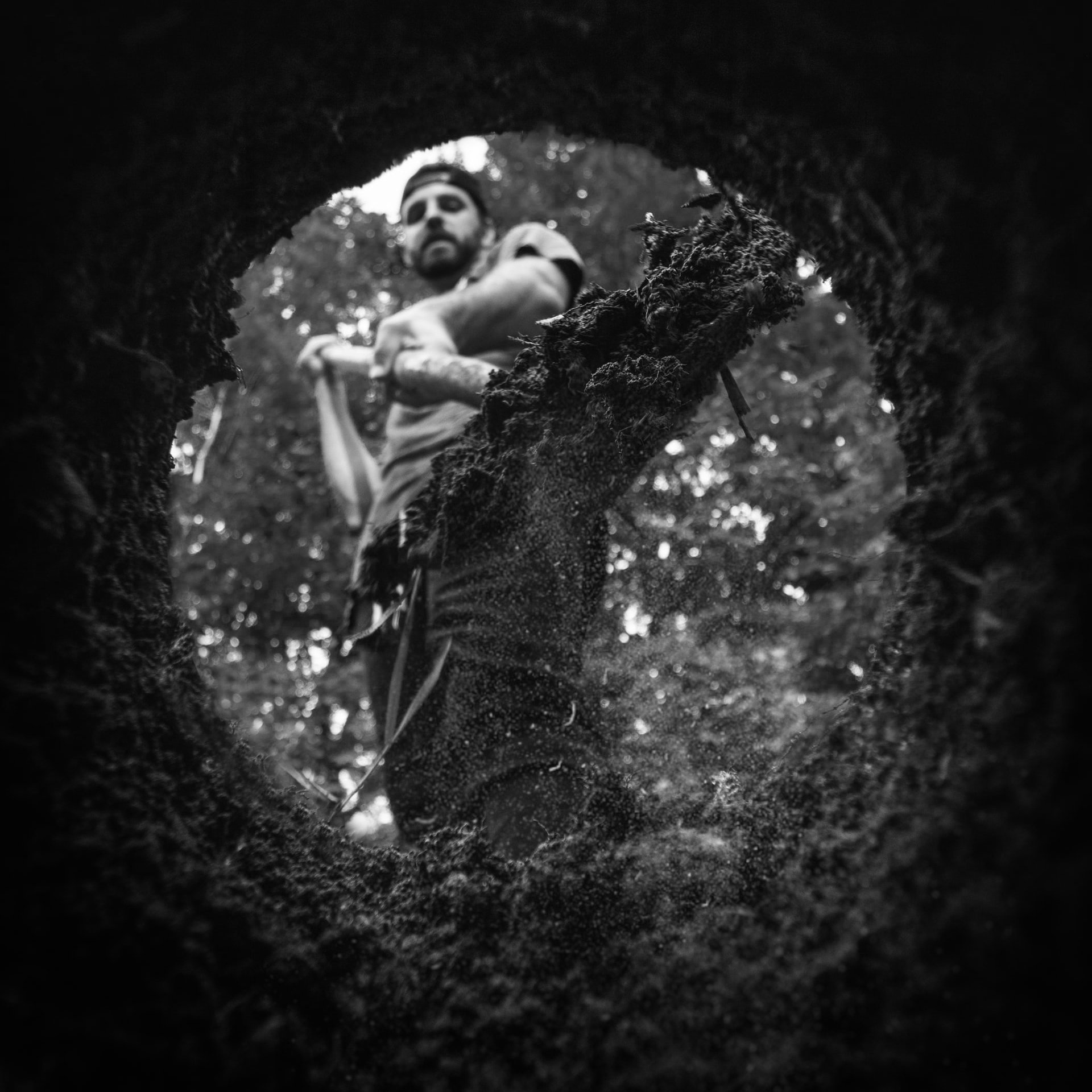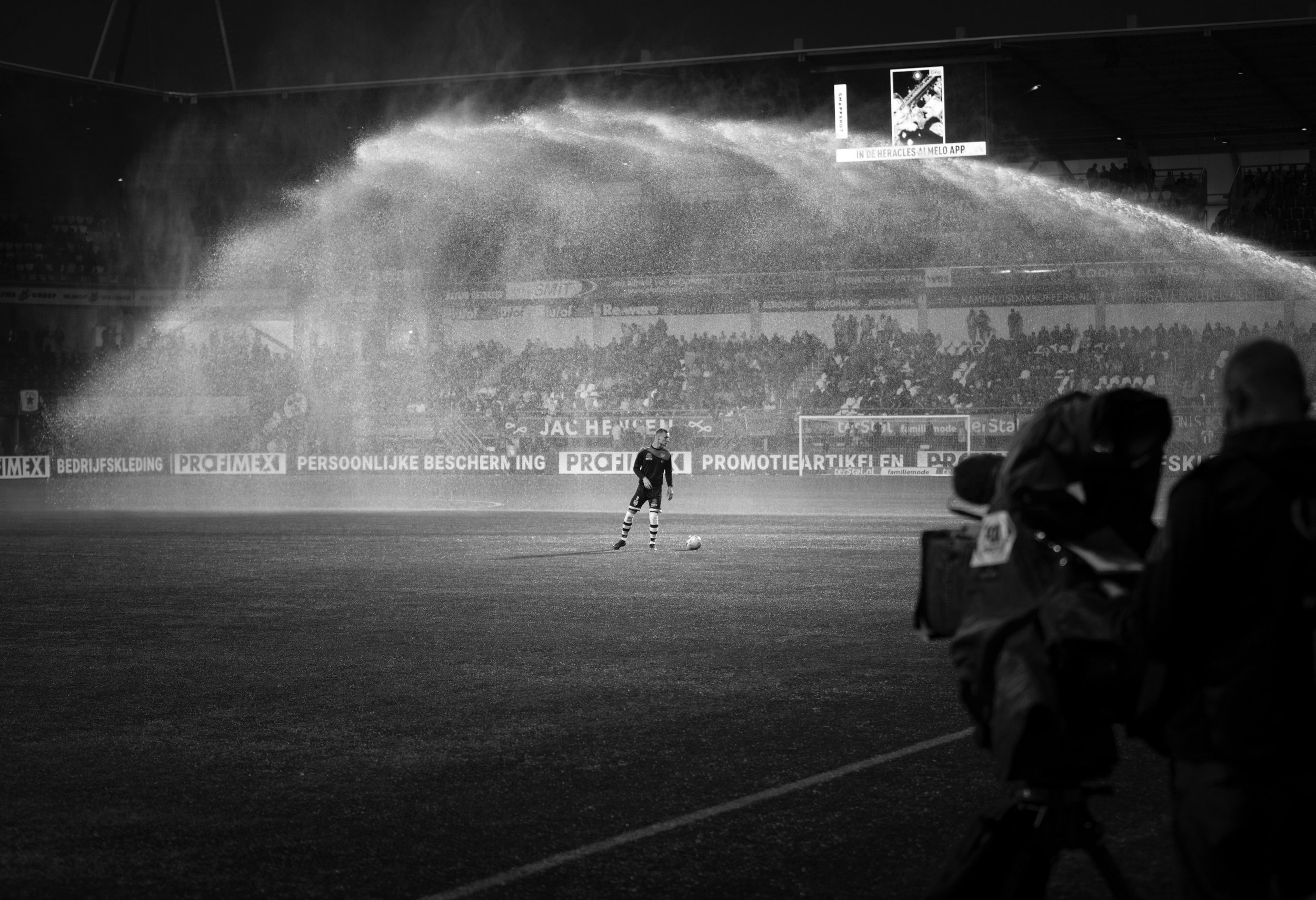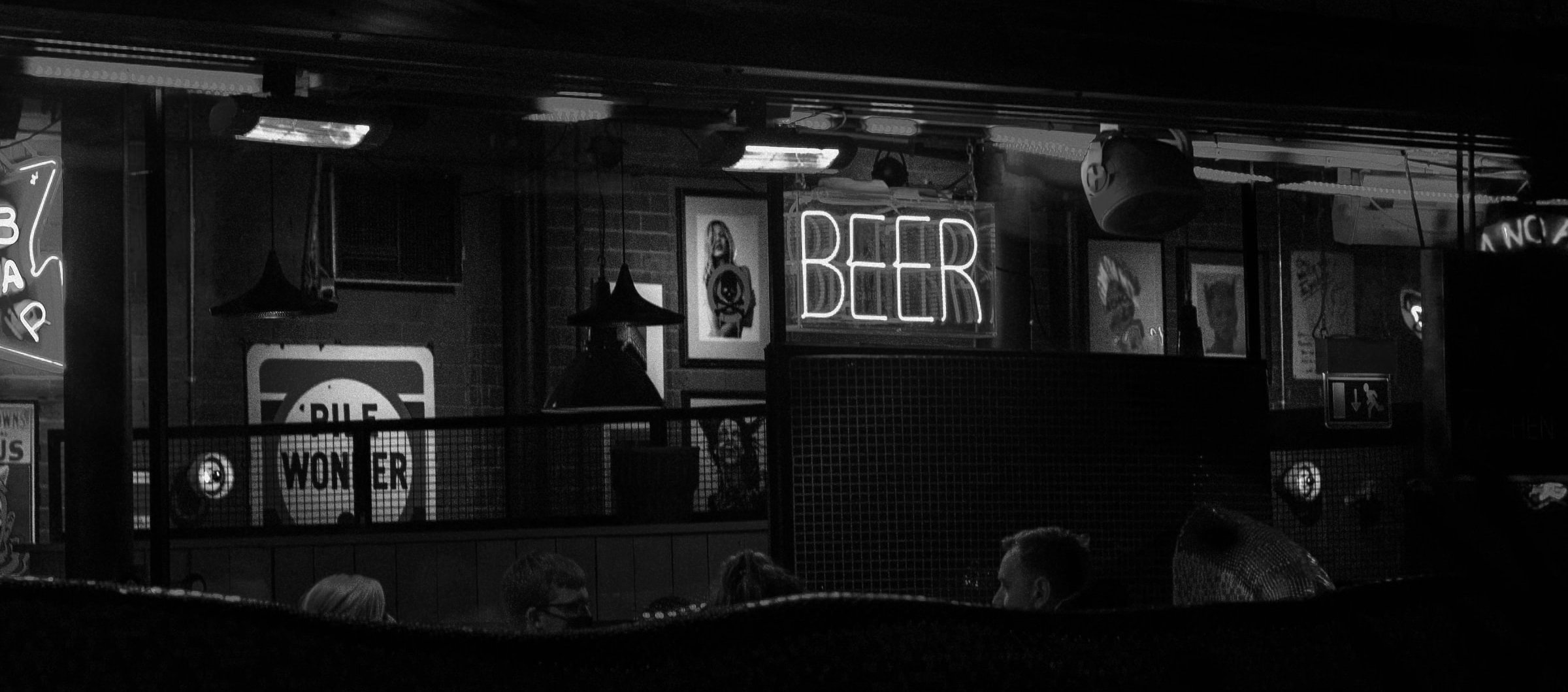

Learning to See Backward and Forward: Part 2
It is easy to forget that the mundane things in our lives are deeply significant. There is no such thing as insignificant work. Everything we do is rooted in and reaches toward eternity. Everything begins and ends with God. If we take the time to look, we can discover the divine thread in the seemingly dreary details.

Learning to See Backward and Forward: Part 1
“Vision gives significance to the otherwise meaningless details of our lives.” —Visioneering: Your Guide for Discovering and Maintaining Personal Vision by Andy Stanley

The Most Extreme Ownership Ever Taken
Navy Seal, Jocko Willink, says that great leaders take extreme ownership of everything in their world. Leaders who adopt the mindset of Extreme Ownership do not blame their teams for failure. They take responsibility for it and put the spotlight on themselves. They ask in what way their action or inaction may have led to the failure. Conversely, when their teams succeed, they shine the light on their teams, giving them credit for the success.

What Meaning Do You Make of No?
In his book, 100 Ways to Motivate Yourself: Change Your Life Forever, Steve Chandler says the following: “Don’t take no for an answer. Take it for a question. Make the word no mean this question: “Can’t you be more creative than that?”

How Do You Like Your Adrenaline?
Recently, I learned a fascinating thing about adrenaline in the Optimal Work Masterclass. It turns out that there are two ways that you are able to utilize adrenaline, the hormone that is secreted when you encounter a potential threat, such as a dangerous animal or a challenging exam.

How to Bust Your Rackets
During the Prohibition Era, there was a criminal business model called a “racket.” A racket consisted of a legitimate business up front, like a bookstore, and an illegitimate business, usually a bar, in the back. The idea of a racket is used in the book The Three Laws of Performance as an analogy to explain how we can get in our own way when trying to create change.

Kick the Tires of Your Desires
Luke Burgis describes the career trajectory of a famous French chef and writes that the chef “kicked all the tires” of his desire to work as a chef before he fully committed to it. He did this by running tests to see how deep his desire went.

What is a VIGO?
A VIGO is a simple and fruitful process that I have seen produce value in my own life and in the lives of others. I’ve seen it work in presentations before a group, in peer to peer conversations and in individual journaling.

What Questions Do You Meet Along Your Orbit?
The kinds of questions we ask determines the kinds of answers we get. And questions we ask ourselves frequently, have a powerful impact on our lives.

Set a Bar to Increase Your Engagement
What kind of progress do you think a pole-vaulter would make if he always practiced by vaulting into a pad, without setting a bar? This is the analogy that Dr. Majeres, a co-founder of Optimal Work, uses to describe the way many of us approach our daily work.

Typing Time Away
The amount of attention we have to give during a day is limited. Every time you redirect your focus, you use up some of the finite attention available to you for that day.

A Frog a Day Keeps the Ennui Away
Mark Twain is often quoted as having said, “If it's your job to eat a frog, it's best to do it first thing in the morning. And if it's your job to eat two frogs, it's best to eat the biggest one first.”
